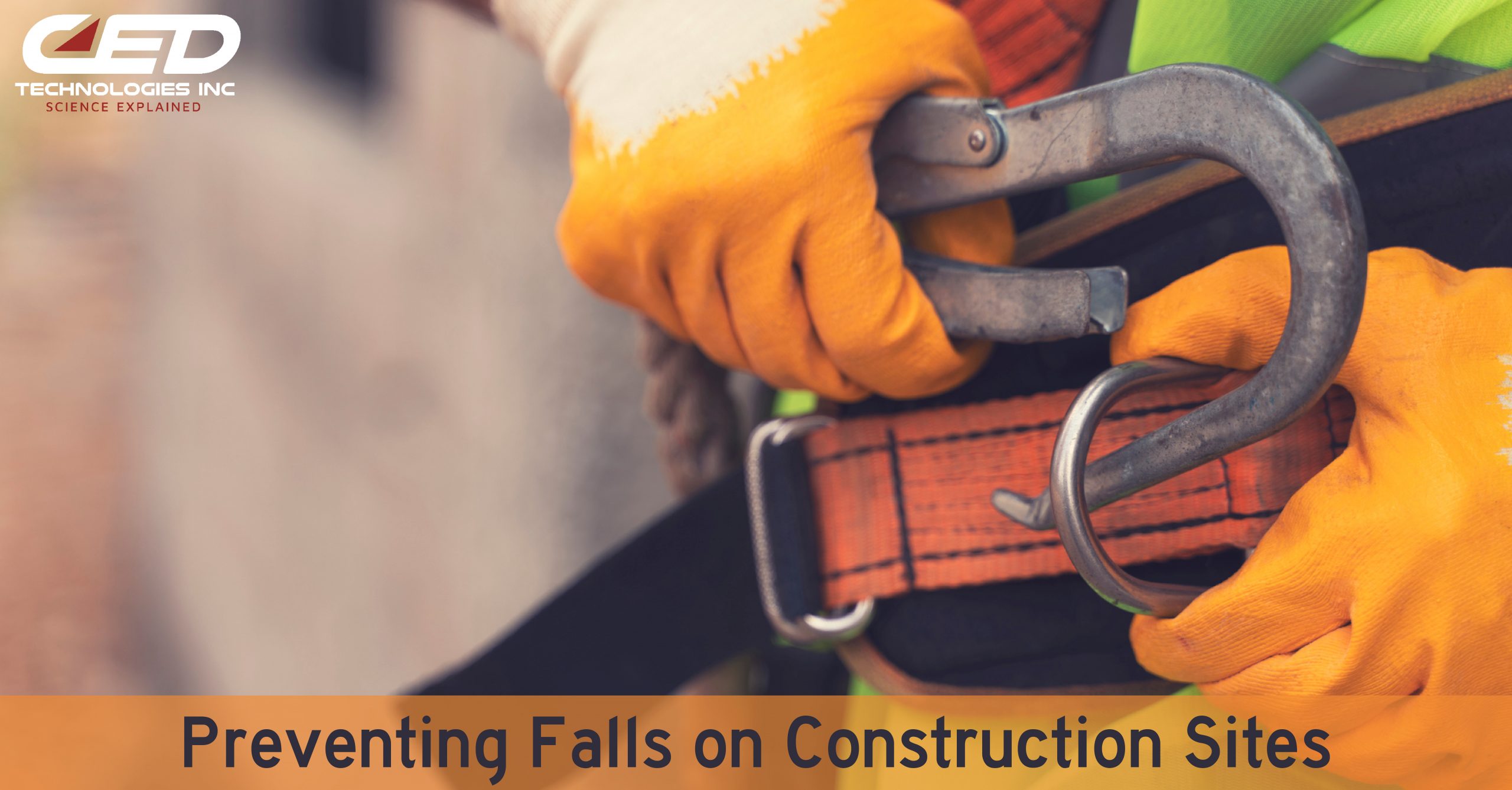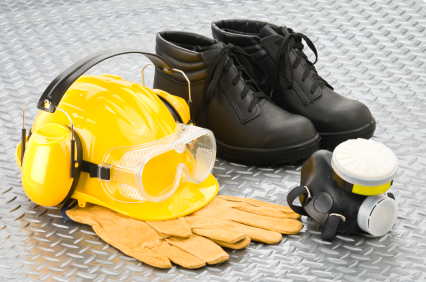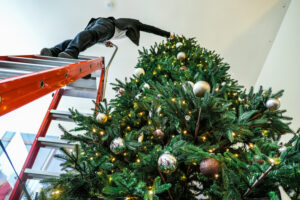
Working with Electricity
On the Scene E-Newsletter, Edition 136, April 13, 2011
 Electricity has long been recognized as a serious workplace hazard. In addition to electrocution, employees exposed to live wires can experience serious burns and falls. OSHA estimates there is approximately one electrical related fatality a day in the United States. Statistics from the National Institute for Occupational Safety and Health (NIOSH) also indicate that deaths related to electric current constitute approximately 12 percent of all work related fatalities. Data from the Electronic Library of Construction Occupational Safety and Health (eLCOSH) reports that electrical workers suffer the highest number of electrocutions per year, followed by site laborers, carpenters, supervisors of non-electrical workers and roofers. The effects of an electric shock range from a slight tingle (with little or no long term effects) to devastating mental and physical damage to death.
Electricity has long been recognized as a serious workplace hazard. In addition to electrocution, employees exposed to live wires can experience serious burns and falls. OSHA estimates there is approximately one electrical related fatality a day in the United States. Statistics from the National Institute for Occupational Safety and Health (NIOSH) also indicate that deaths related to electric current constitute approximately 12 percent of all work related fatalities. Data from the Electronic Library of Construction Occupational Safety and Health (eLCOSH) reports that electrical workers suffer the highest number of electrocutions per year, followed by site laborers, carpenters, supervisors of non-electrical workers and roofers. The effects of an electric shock range from a slight tingle (with little or no long term effects) to devastating mental and physical damage to death.
Whether employed at a large manufacturing plant or in a smaller setting, there are certain guidelines that should function as a helpful reminder of basic electrical safety practices. It is imperative that an employee is properly trained and qualified for a job. Not understanding the conditions regarding the job can lead to accidents and injuries. Even properly qualified workers are susceptible to accidents. That’s why it’s important to make safety a fundamental part of the planning process for every job. Electrical equipment should always be operated according to the manufacturer's specifications. If the equipment has been damaged or improperly modified, it should never be used. Live components need to be guarded and cords need to be checked for damage.
Electrical and mechanical engineers and safety experts at CED Investigative Technologies regularly work on cases involving electrical shock and electrocution. Specialized equipment, including multimeters, fault loop impedance testers, safety switch testers and power quality loggers may be used to test electrical equipment. In addition, installation and maintenance records, workplace conditions and company training programs can be reviewed to evaluate safety. To find out more about electrical safety, call CED at (800) 780-4221 or contact one of our regional offices to speak with a case specialist.






